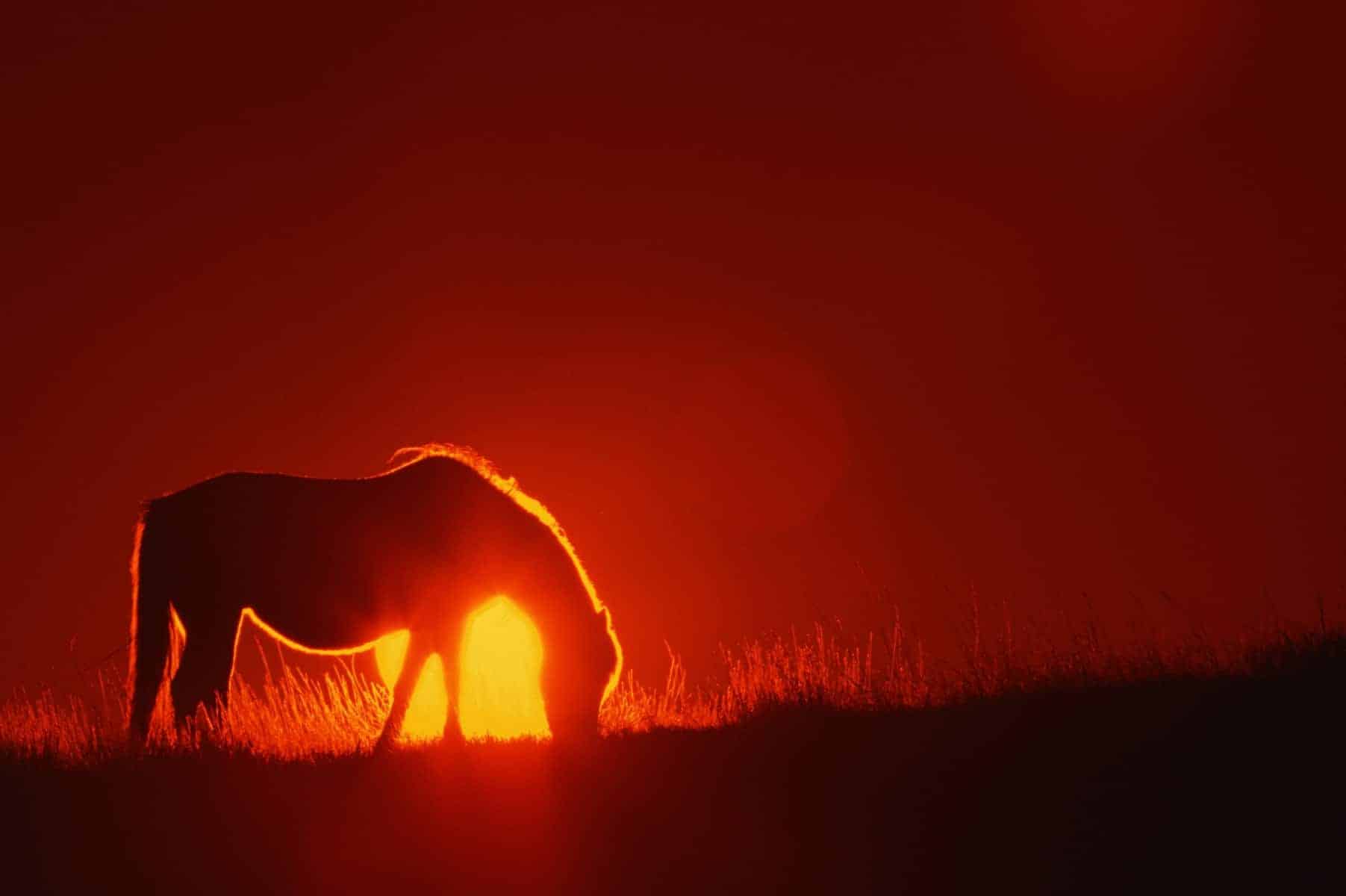Time to Say Goodbye

The whole painful process–deciding when the time has arrived, disposing of remains, dealing with grief–can be made less stressful when everything involved with the euthanasia process is understood and decisions are planned ahead of time.
Planning the Unpleasant
“We live in a society that feels that planning ahead about death is morbid,” says Carolyn Butler, the former director of the Argus Institute Support Services at Colorado State University (CSU) Veterinary Teaching Hospital; Gail Bishop is the Argus Institute’s current director. “We know from research that if people spend a bit of time thinking about what would be appropriate, then when the event occurs, particularly if it’s an emergency, better decisions can be made,” she continues. “Often, when people get to a crisis point, they’re less likely to make good decisions.”
Greg Couger, M. Ed. (Master of Education), a former grief counselor and educator at CSU, agrees. He adds, “Planning ahead gives the horse owner time to focus more on the emotions associated during the euthanasia process and more quality time to spend with the animal, as opposed to dealing with more of the business aspect of handling remains, and so on
Create a free account with TheHorse.com to view this content.
TheHorse.com is home to thousands of free articles about horse health care. In order to access some of our exclusive free content, you must be signed into TheHorse.com.
Start your free account today!
Already have an account?
and continue reading.
Written by:
Marcia King
Related Articles
Stay on top of the most recent Horse Health news with















